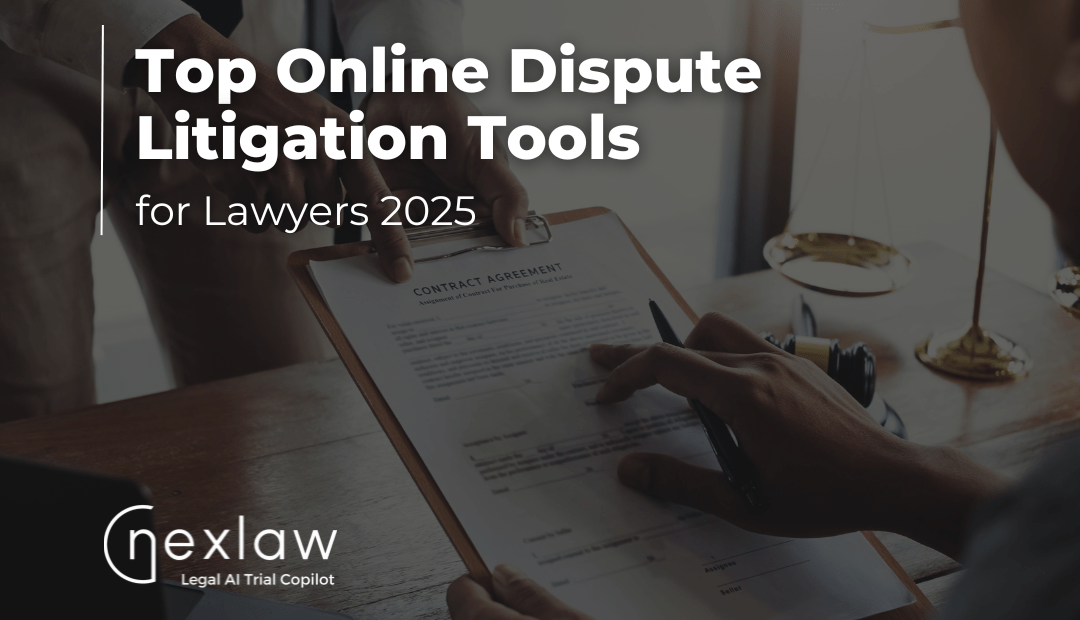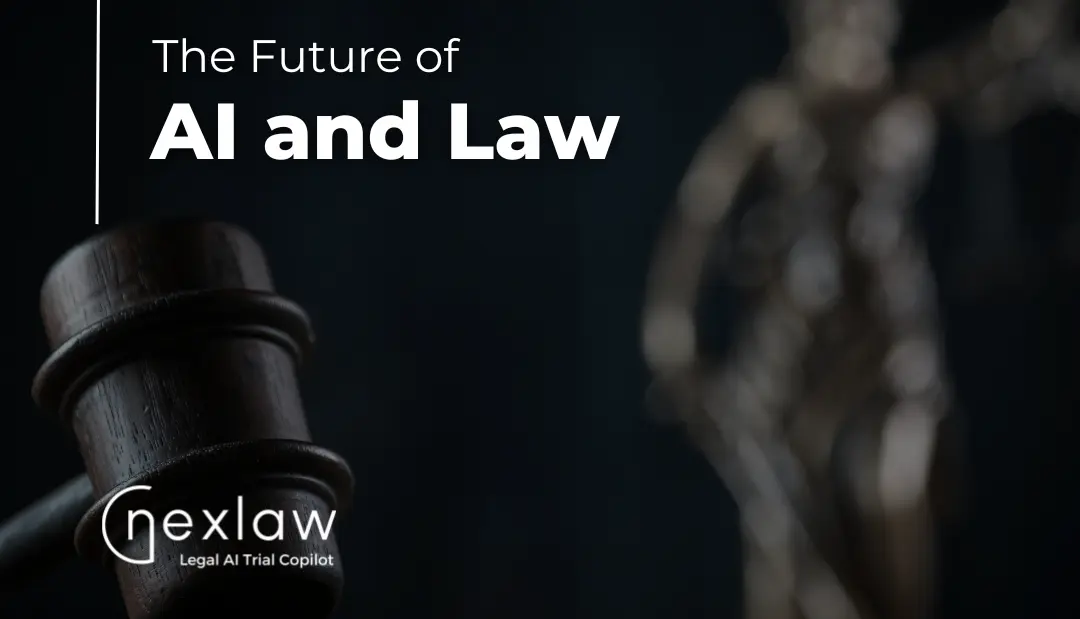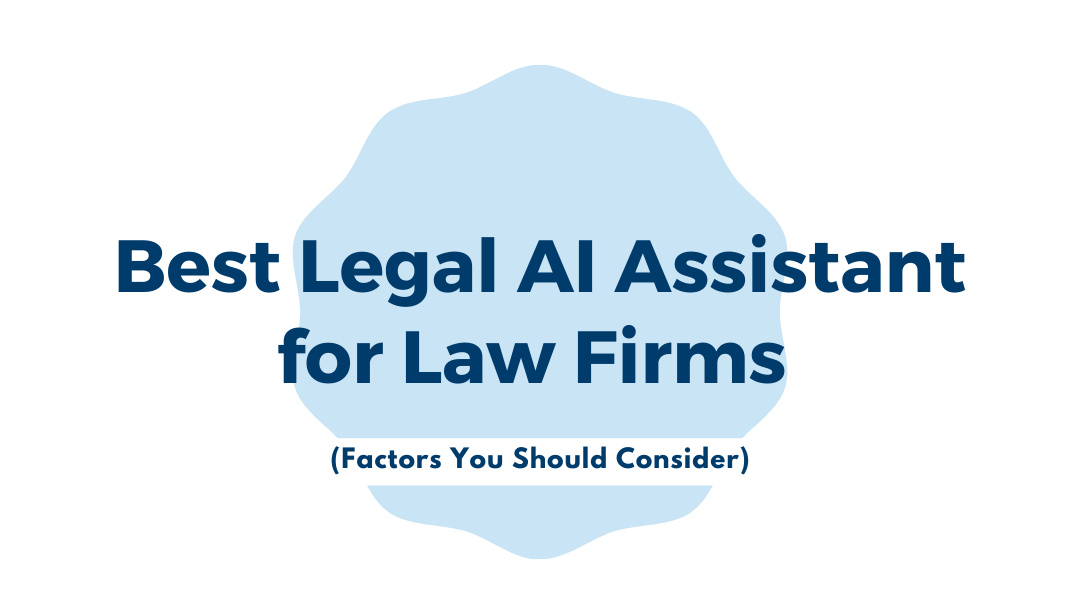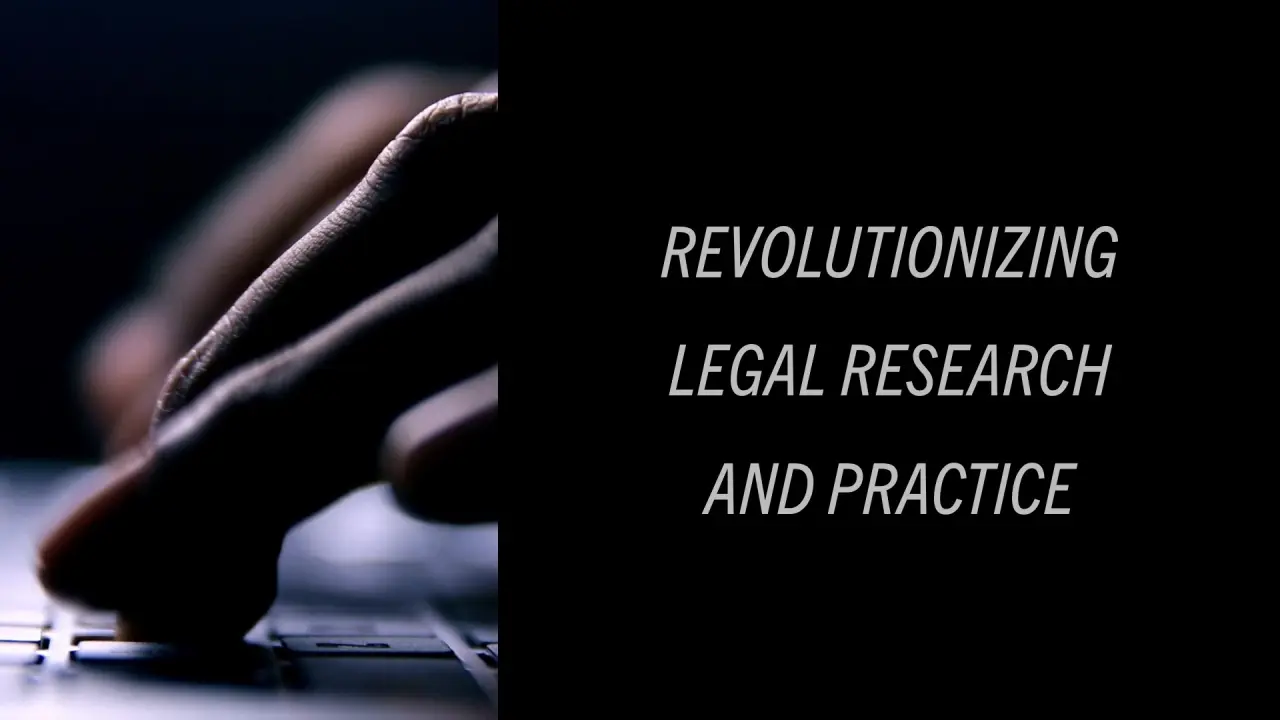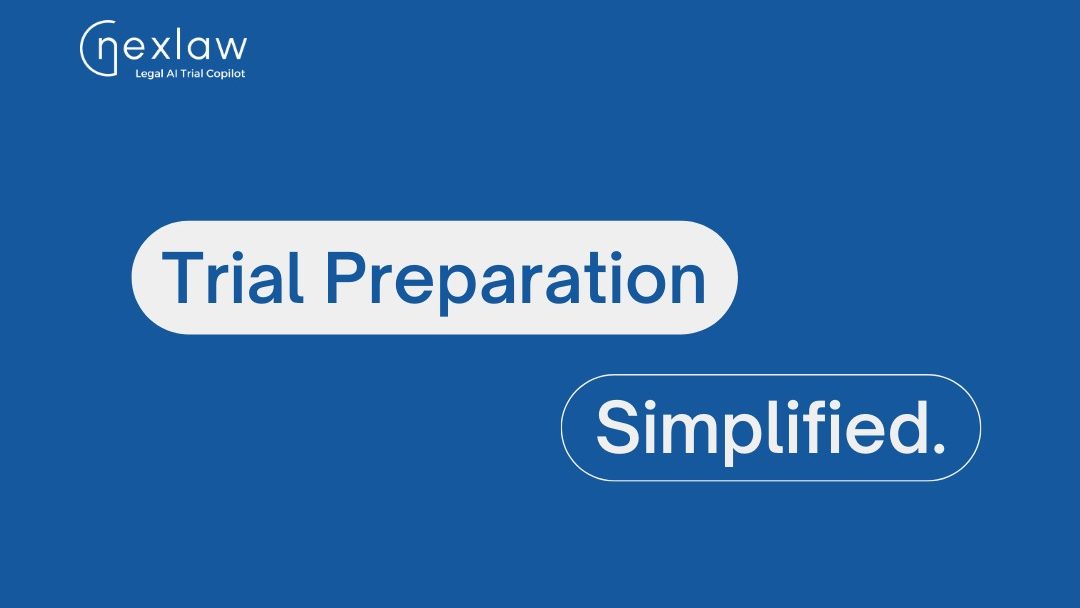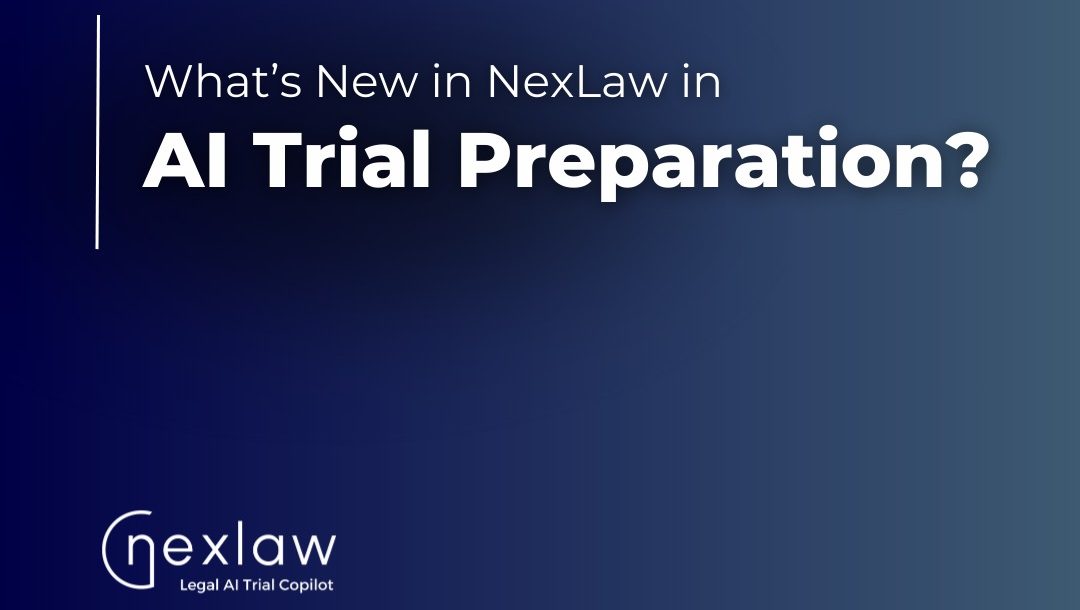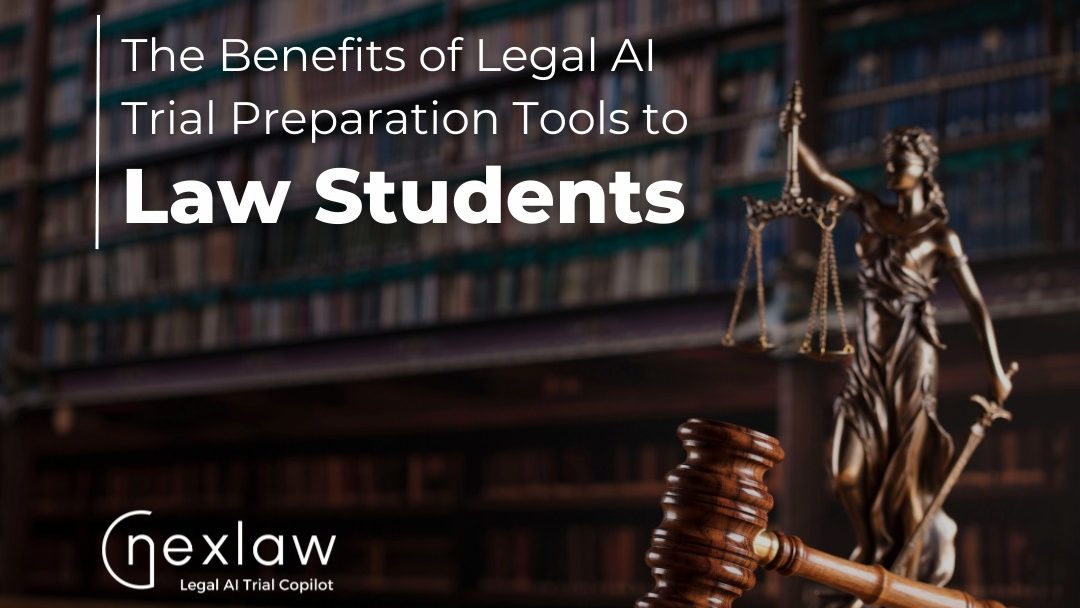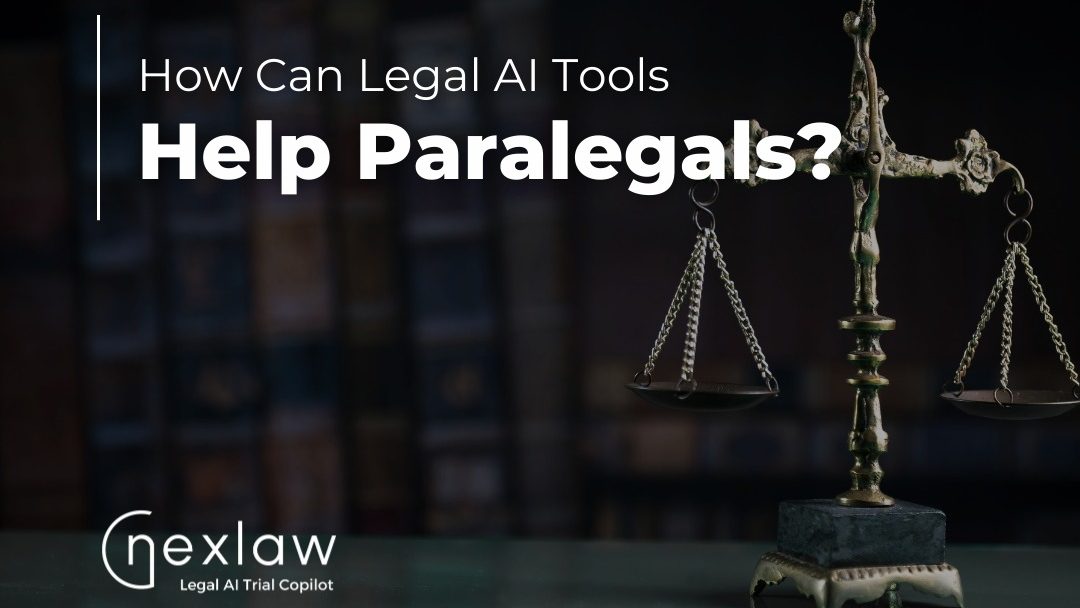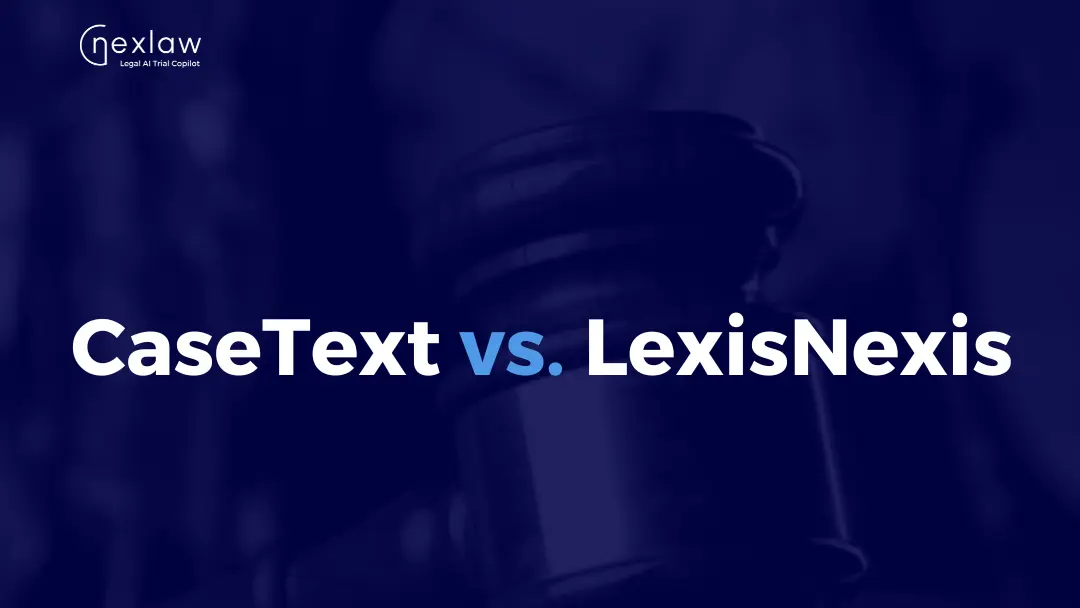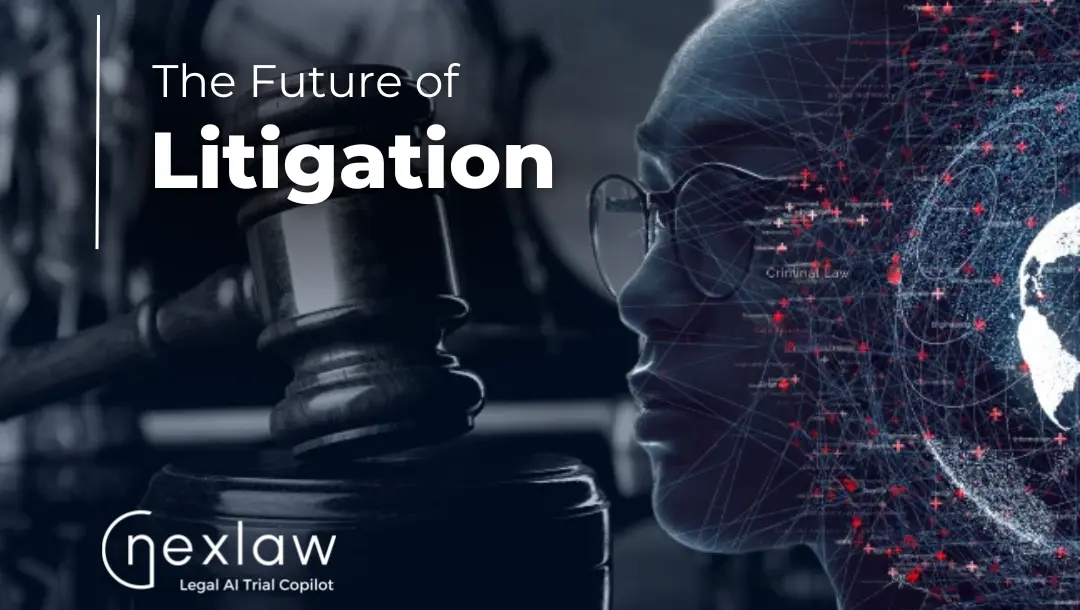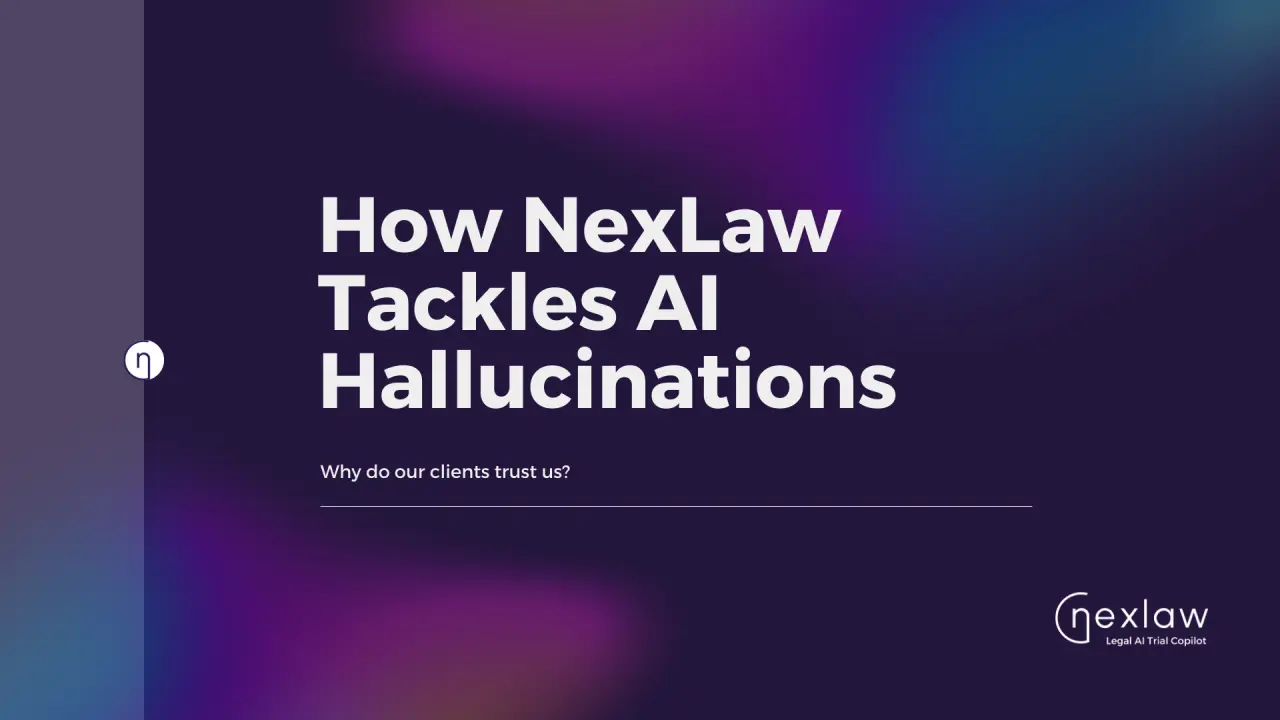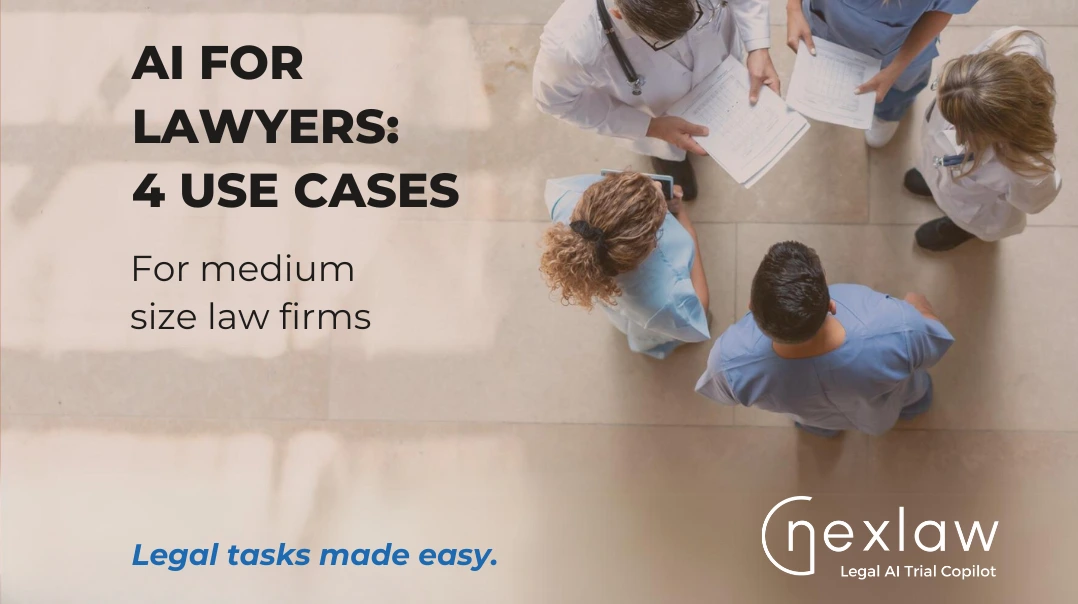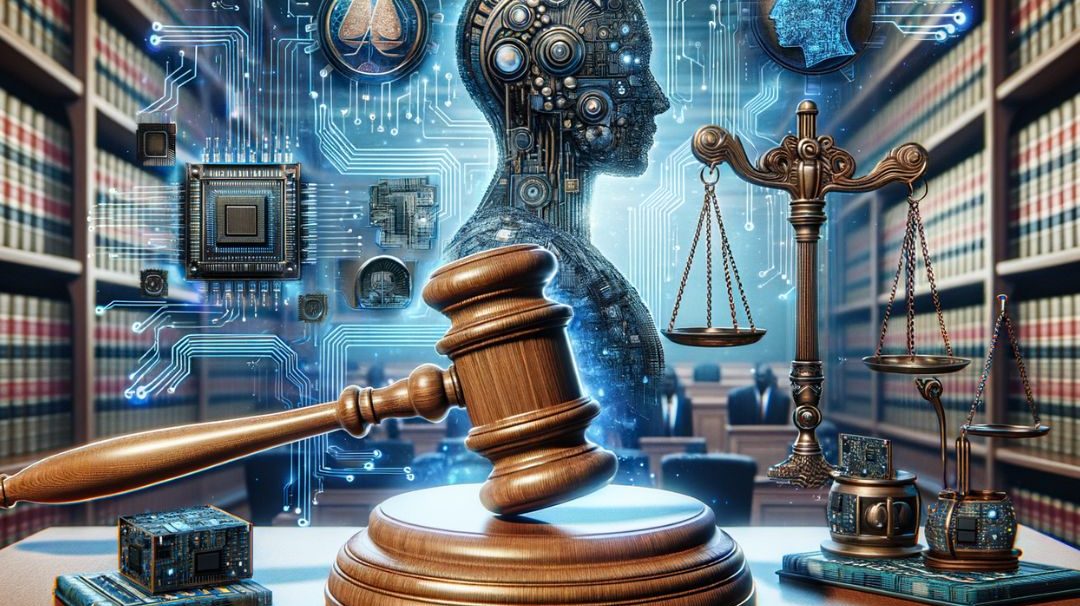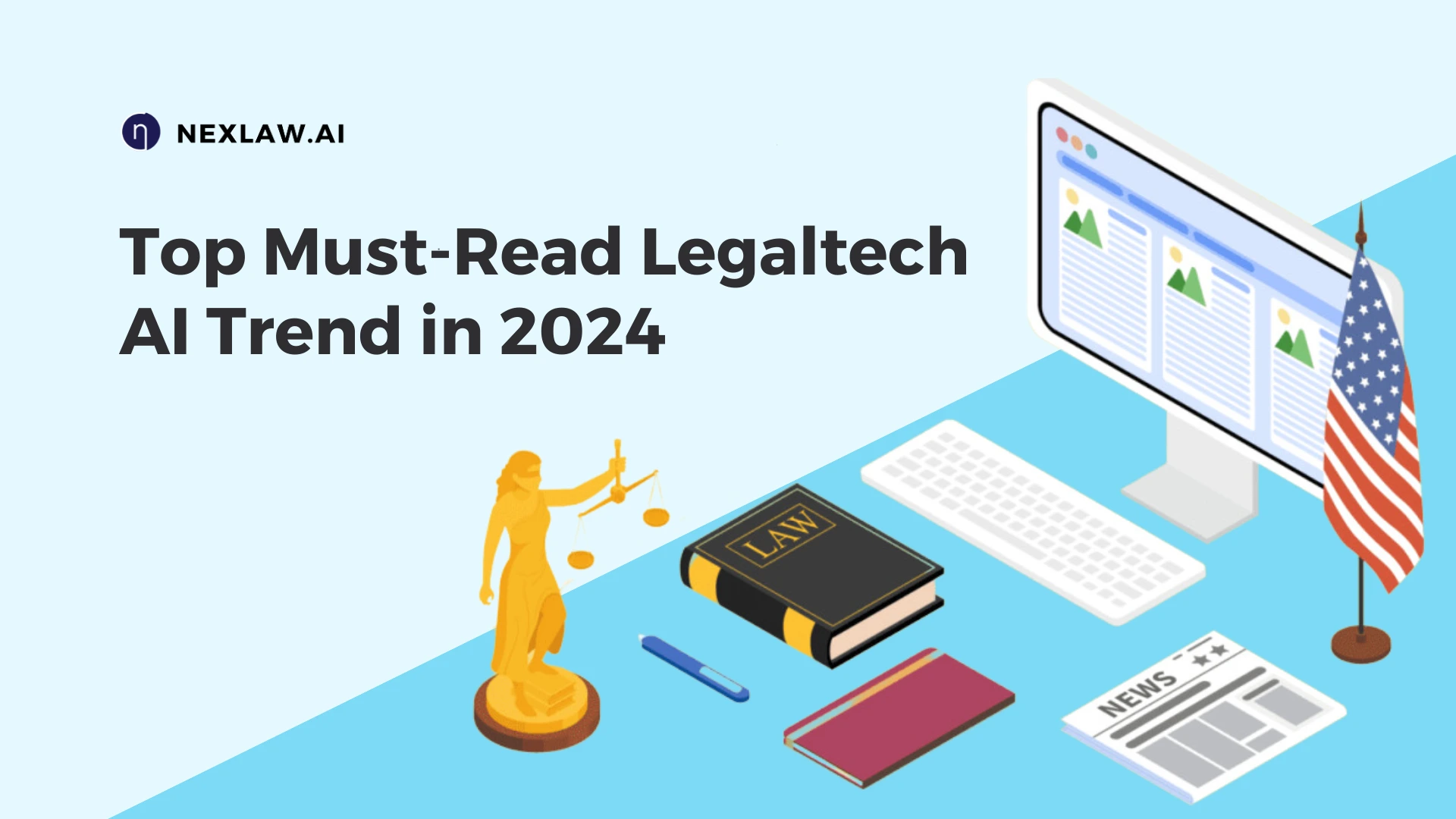Are AI Legal Assistants Useful to Lawyers?
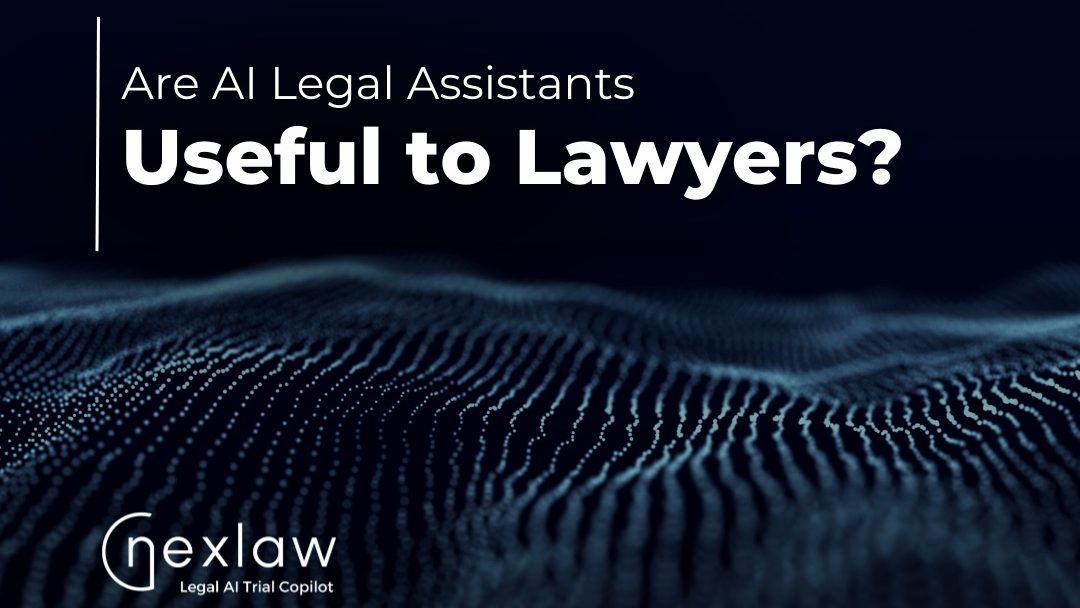
Are AI Legal Assistants Useful to Lawyers?
The legal industry is experiencing a profound transformation due to technological advancements, particularly in artificial intelligence (AI). AI legal assistants are at the forefront of this change, offering tools that can streamline workflows, improve case outcomes, and enhance client service. However, despite these potential benefits, some lawyers have reservations about adopting legal tech. By addressing these concerns and highlighting the advantages, legal professionals can embrace AI as a valuable ally in their practice.
Addressing Lawyers' Doubts About AI Legal Assistants
Concerns About Job Security
A common concern among legal professionals is the fear that AI could replace human roles. Many worry that the automation of routine tasks might lead to reduced demand for certain legal services, especially for junior associates and paralegals.
An AI legal assistant is designed to augment human expertise, not replace it. By automating repetitive tasks, AI frees up time for lawyers to focus on higher-value activities, such as strategic planning and client interaction. This shift can lead to more fulfilling work and opportunities for career advancement, as lawyers can engage in more complex and rewarding tasks that require human judgment and creativity.
Dive into How Legal AI Tools Help Paralegals
Ethical and Confidentiality Concerns
Lawyers are bound by strict ethical guidelines and confidentiality requirements, which can make the adoption of AI legal assistant tools seem daunting. Concerns about data security and the potential for breaches of client confidentiality are valid and must be addressed.
AI legal assistants, like the NexLaw AI Legal Trial Copilot, prioritize data security and compliance with ethical standards. With robust encryption protocols and transparent data handling practices, AI providers ensure that sensitive client information is protected. By working with trusted partners who adhere to these standards, lawyers can confidently integrate AI into their practice without compromising client confidentiality.

Get ahead of the curve with our free Guide to Starting Using Legal AI!
Reliability and Accuracy
The legal profession demands precision and accuracy, leading some lawyers to be skeptical about the reliability of legal AI tools. Concerns about potential errors in legal research or case analysis can cause hesitancy in adopting legal AI technology.
AI legal assistant tools are designed to enhance, not replace, the lawyer’s expertise. AI can analyze vast amounts of legal data quickly and accurately, providing insights that support informed decision-making. By using AI to complement their knowledge, lawyers can improve accuracy and reduce the risk of errors. Continuous testing and validation of AI systems ensure reliability, allowing legal professionals to trust these tools as valuable resources in their work.
Resistance to Change
The legal field is traditionally conservative, and many lawyers are accustomed to established workflows and practices. The introduction of AI technology represents a significant shift that can be met with resistance.
Embracing change can lead to innovation and growth. By adopting AI legal assistants, lawyers can streamline workflows and improve efficiency, ultimately providing better client service. Comprehensive training and support can ease the transition, helping legal professionals become familiar with new systems and maximize the benefits of AI technology.
Unlocking Opportunities with AI Legal Assistants
AI legal assistants are transforming the way lawyers approach their work, offering tools that enhance efficiency, accuracy, and strategic depth. By overcoming doubts and embracing AI, legal professionals can stay competitive in a rapidly evolving industry. The NexLaw AI Legal Trial Copilot, for example, provides features such as judge and lawyer analysis, document automation, and strategic insights, empowering lawyers to achieve better outcomes for their clients.




